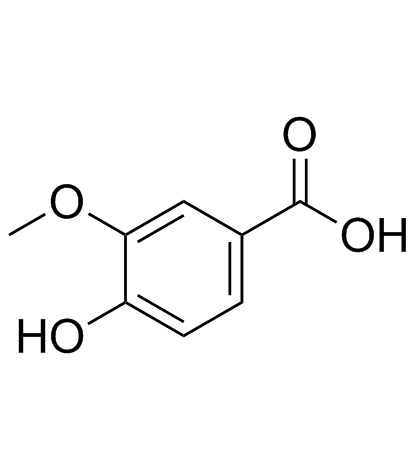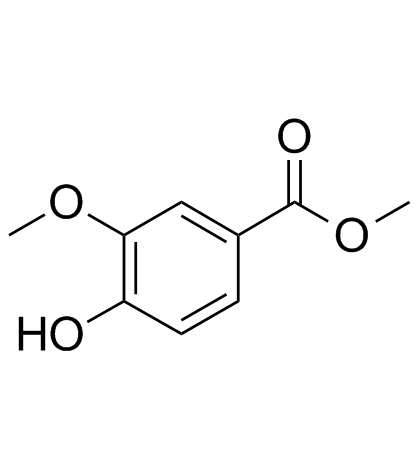| Structure | Name/CAS No. | Articles |
|---|---|---|
 |
Vanillic acid
CAS:121-34-6 |
|
 |
Methyl vanillate
CAS:3943-74-6 |